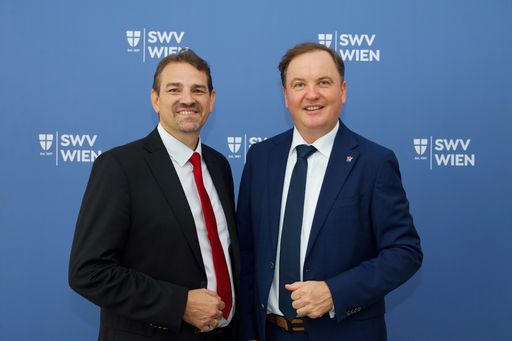In view of the alarming decline in apprentices and training companies in Austria – especially in the tourism and hospitality sectors – Marko Fischer, (President of the Vienna Social Democratic Business Association) and tourism expert Bernd Hinteregger are calling for a comprehensive modernization of apprenticeship training. In 2023, a new long-term low was reached in the number of training companies in Austria. According to the Ministry of Economic Affairs, the number of apprentices fell further from 27,280 to 27,083 compared to the previous year. The tourism sector recorded the largest decline in apprentices in 15 years.
Alarming situation in all sectors
“Teaching is a central pillar of the Austrian economy. But the shortage of skilled workers is reaching threatening proportions in all sectors. The number of apprentices has fallen dramatically in recent years. It is high time we counteract this trend with a whole package of measures,” explains Marko Fischer.
The situation in tourism is particularly dramatic, emphasizes hotelier Bernd Hinteregger: “While there were 14,800 apprentices working in these sectors in 2008, today there are only 7,200. Our goal must be to raise this number back to 10,000 and expand it to 15,000 in the long term.”
SWV WIEN sees an urgent need for action in apprenticeship training
“Teaching in Austria urgently needs to be modernized. We need more flexible training opportunities that are tailored to the requirements of today’s and future working world,” demands Fischer. “Curricula must be adapted more quickly and continuously to technological developments and new job profiles.”
Fischer also emphasizes the importance of small and medium-sized enterprises (SMEs) for training: “SMEs do the majority of the training work in Austria. “But many of them see themselves at a disadvantage because they train apprentices who are poached by larger companies after the retention period,” explains Marko Fischer. “To compensate for this inequality, we need an apprentice compensation fund that compensates small and medium-sized companies for their investments in training and at the same time creates incentives for taking on apprentices.”
Bernd Hinteregger: Mandatory internship in the 9th grade
Bernd Hinteregger sees a central element in increasing the attractiveness of teaching in the introduction of a mandatory two-week internship in the 9th grade: “This internship could show young people the diverse possibilities of an apprenticeship – for example in tourism. I could imagine a 500 euro holiday voucher as a reward,” says Hinteregger, who calls for more creative approaches from politicians.
In addition, Hinteregger proposes the creation of a tourism apprentice pool. “Apprentices should have the opportunity once a year to work in another company, possibly get a taste of an industry and, similar to an Erasmus course, experience an exchange with young people from a different environment,” explains Hinteregger.
In addition, Hinteregger can imagine a new TV show that accompanies apprentices during their training and shows the diverse career opportunities after successfully completing their apprenticeship. “Such a show could, like the start-up show ‘2 Minutes 2 Million’, revitalize an entire industry and inspire young people to take up apprenticeships,” says Hinteregger.
SWV WIEN appeals: The government should be open to entrepreneurs’ ideas – the shortage of skilled workers can only be solved with ideas from practice
“The package presented today shows that the attractiveness of teaching can be significantly increased through clever ideas from business. It’s about not only offering young people a professional future, but also securing the skilled workers of tomorrow for companies. The next federal government must urgently deliver on this – regardless of which parties will belong to it,” said Fischer and Hinteregger in unison in a joint appeal.
